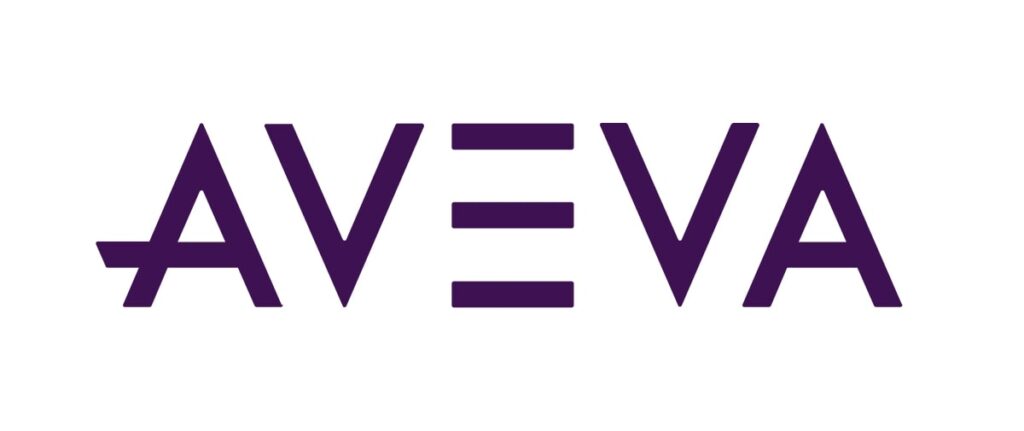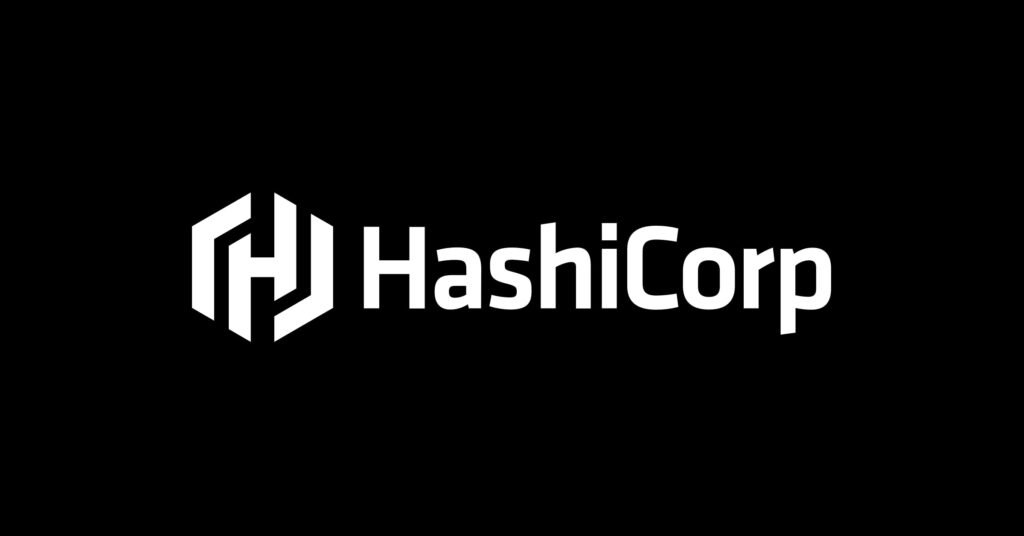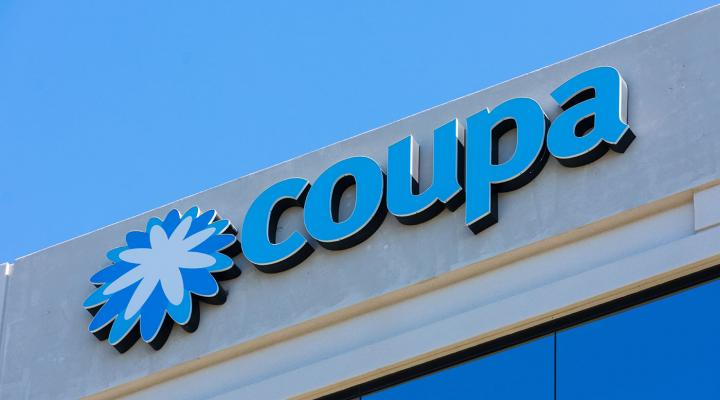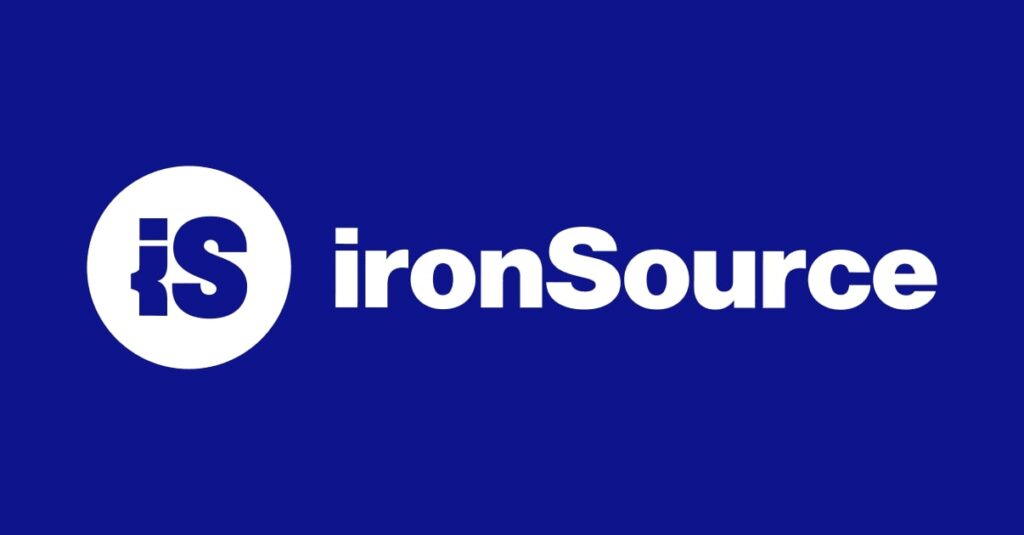AVEVA – Innovating The 3D Design Software Industry.
Late, but still, people have started to recognize the importance of sustainability. The very topic has been a concern for almost every industry, and they are trying to improve the ecosystem by adopting sustainable habits. In fact, the various software companies also make sustainability the basis for the development of their products. One such company is Aveva, a software company based in the UK. The company works on problems using high-end technology as well as considering the ecosystem so that they deliver sustainable solutions to their clients. The company majorly focuses on the process, batch and hybrid industries.
About Aveva
Aveva Group plc is a British IT consulting company, with its headquarters based in Cambridge, England, UK. The company is a multinational and trades as a Holding company. Aveva is primarily working as an IT consulting firm but also provides its services in industries like CAD/CAM Software, Enterprise Asset, Management, Manufacturing Execution, System Enterprise Solutions, etc. The company has a history of more than fifty years, where the UK Ministry of Technology and Cambridge University had established it as a separate IT department. Aveva is listed on the London Stock Exchange, and as of 2021 records, it made annual revenues worth £820.4 million, while over 6000 people are currently employed at Aveva.
Founding Aveva
The story of the establishment of Aveva dates back to 1967 when the UK Ministry of Technology founded a CAD Centre at Cambridge, England. The department received funds from the government and acted as a research institute for the latter. The main aim of the research centre was to develop computer-aided design techniques. Dick Newell and Martin Newell are a few of some famous people who were part of this CAD research centre. Arthur Llewelyn was the first director at the centre.
Being the research centre for CAD technology, the company successfully performed multiple experiments that added to the technology. One of Aveva’s most successful products came in 1976, i.e., Aveva PDMS. The very product changes the course of the CAD design industry. In the next two years, the company launched the world’s first 3D plant design project.

In 1983, the CADCentre became a private company, and Dr Bob Bishop was appointed as the managing director of the company. In the next ten years, Aveva worked on a new version of its software and developed the world’s first full-colour, shaded plant design in 1992, along with the world’s automatic clash detection system. In 1998, Aveva launched a new feature called Aveva Global for the existing software that made it easy for the people sitting in different locations to work on a single project online, making the software world’s first plant design system for concurrent global projects execution. In 2012, the company brought a new project named Aveva Everything 3D, and the next year, it launched Aveva E3D Insight.
Apart from project development, Aveva grew through major acquisitions that included Tribon Solutions (2004), Realitywave, Inc. (2005), iDesignOffice Pty Ltd (2009), MARS (2010), ADB Systemer AS (2010), LFM (Light Form Modeller, 2011), Global Majic Software, Inc. (2012), 8over8 Limited (2015), OSIsoft(2020), etc.
The CEO at Aveva
Peter Hertweck is the Chief Executive Officer at Aveva. He has got a bachelor’s degree in Engineering from Metz University, France and Saarland University, Germany, as well as an MBA from the Wake Forest University School of Business. Peter has also been a Harvard Business School Advanced Management alumnus.
Peter started his career at Mitsubishi, Japan as a software engineer. In the further years of his career, he handled multiple executive positions in various well-known companies, such as Factory and Process Automation and Schneider Electric, etc. Before joining Aveva as the CEO in 2021, he was also one of the board of directors of the company.

Yashica is a Software Engineer turned Content Writer, who loves to write on social causes and expertise in writing technical stuff. She loves to watch movies and explore new places. She believes that you need to live once before you die. So experimenting with her life and career choices, she is trying to live her life to the fullest.




